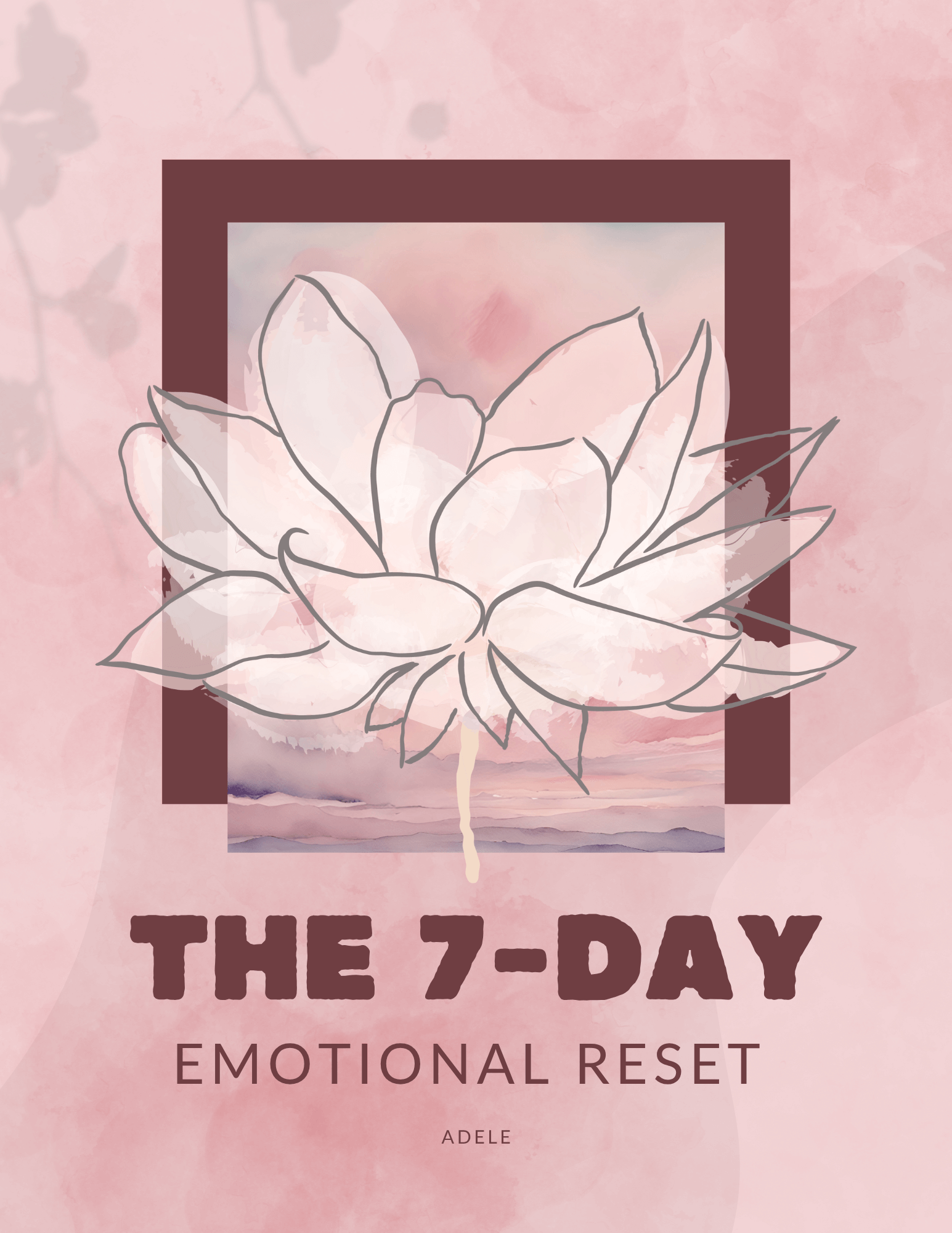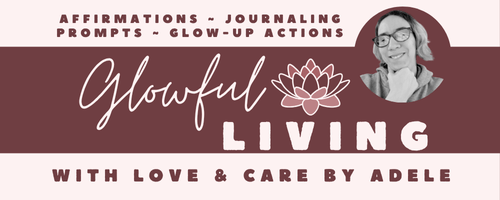Journaling Tips for People Who Hate Journaling
[Easy Ways That Actually Work]
You’re not broken if you’ve never kept a diary or if the idea of journaling makes you want to roll your eyes.
Plenty of people feel awkward, overwhelmed, or just plain bored by the thought of sitting down to write about their day.
The pressure to pour out long, meaningful entries or to keep it up every single night can make the whole thing seem more stressful than helpful.
The truth is, journaling doesn’t have to look the way you’ve seen it online or in perfectly curated notebooks.
You can skip the rules and still get real value, even if you hate writing. It’s all about finding a style that fits your life—no guilt or perfection required.
If you’re curious about ways to make journaling less of a chore, you’re in the right place.
Rethinking What Journaling Can Be
When you picture journaling, you might think of filling up blank pages with long, thoughtful entries.
But honestly, journaling isn’t just about writing essays to yourself.
You can swap the old-school diary for a style that fits your energy and mood.
From making fast lists and doodling in the margins to snapping photos or using your voice, every style counts.
Journaling should feel like a tool, not a chore. There’s real value in finding your personal way to capture what matters—without forcing yourself to write a novel.
Here are some fresh options for self-expression that don’t require perfect penmanship.
Bullet Journaling, Lists, and Quick Notes
If longhand writing feels overwhelming, try cutting it down to the essentials. Bullet journaling is great for people who like to keep things short and sweet. You can make a few simple lists or jot down quick wins from the day. It’s fast, flexible, and you can stop whenever you want.
Consider these ways to make journaling way less stressful:
- Track moods or energy with colored boxes, smiley faces, or single words.
- List tiny victories like “called Mom,” “made my bed,” or “drank enough water.”
- Note habits by marking an “X” every day you follow through—seeing your streak can be motivating.
- Write reminders or goals you want to keep in focus for the week.
You don’t have to spend more than a minute or two a day on these. Lists can help you see patterns and reflect without deep writing. For more quick ideas, check out this guide on alternatives to journaling if you don't like to write.
Journaling Without Words: Art, Photos, and Audio
Journaling isn’t limited to writing.
If you think in images or sounds more than words, try expressive options that match your style.
Art journaling can be as simple as doodling, sketching, or scribbling how you feel.
Save a ticket stub, stick in a receipt, or snap a photo on your phone. When something catches your attention, drop it in a folder or app.
If drawing isn’t your thing, use your phone’s voice recorder.
Talk out how your day went or record thoughts while walking.
Listening to your own voice can spark new insights and help you process emotions.
Audio journaling is especially helpful if you find comfort in hearing things out loud.
It can even make your thoughts clearer and help you relax before bed.
Learn how you can harness the power of audio journaling for self-reflection.
Here are a few non-writing journaling ideas:
- Draw or paint your mood or day
- Take daily photos and save them to a special album
- Record a voice memo during your commute
- Paste mementos in a notebook or scrapbook
People who think visually or like to process ideas out loud will get the most from these alternatives. You can find more unique approaches in this list of 7 alternative ways to journal if you are not into writing.
Blending Journaling into Daily Life
A journal doesn’t have to be a big project.
You can sneak it into daily routines until it becomes a habit you barely notice.
Write a quick feeling or “one good thing” directly onto your wall or digital calendar.
If you’re already using a planner for appointments, leave a margin for brief thoughts or stickers that sum up your mood.
Other ways to blend journaling with daily life:
- Add a color-coded dot for each day’s mood on your calendar
- Jot a single word or phrase in your planner each night
- Snap a daily “moment” photo and review them at the end of the month
- Leave yourself a voice memo reminder while making coffee
- Tape a favorite quote or funny meme next to your to-do list
Mixing journaling into your routine can make it feel effortless. It becomes part of life instead of a separate task, and you’ll still get the benefits of reflecting—just on your own terms. The key is to keep it low-pressure and something you can actually look forward to.
Why Bother? Simple Payoffs for Simple Effort
You might wonder if casual, quick journaling is even worth the few minutes it takes.
The answer is yes—showing up for yourself in tiny ways can bring results that make everyday life easier and brighter.
You don't need to pour out your soul or write perfect stories.
Even the smallest effort can add up to some big wins over time. Let’s look at how giving a little to journaling can actually give a lot back.
Stress Relief Without the Drama
Journaling gives you a place to let out tangled thoughts and tough feelings without having to talk to anyone else. A couple of lines or a short list can help you breathe a bit easier.
You might find that after jotting something down, the weight on your shoulders feels lighter.
Just putting words (or doodles) on a page helps clear your head and calm your nervous system, even if you're only writing for sixty seconds.
According to UR Medicine, journaling is a real tool for managing stress and balancing your emotions—no grand effort needed.
Let Go of Tough Days
Rough days can stick with you, replaying over and over in your mind.
You don’t have to write a novel to break the cycle. A fast note like “tough meeting, felt overwhelmed, but made it through” helps put that memory somewhere safe.
When it’s out of your head and into your journal, it’s easier to move on. Over time, the habit makes it simpler to let go of crummy moments instead of carrying them everywhere you go.
See Your Progress (Even If You Hate Goals)
If you ever feel like you’re treading water, glancing at small notes from past days can shine a light on just how far you’ve come.
Maybe last week you wrote “didn’t want to leave bed” but today you have “walked the dog.”
That’s progress, even when it doesn’t feel like a big leap.
These breadcrumbs show you that you are moving forward, even if it’s inch by inch.
Looking back at your notes is like getting proof that hard times pass and small wins count, too.
Here’s how a “progress peek” might look with different types of entries:
| Day | Entry Example | What That Shows |
|---|---|---|
| Monday | Mood: Tired, made breakfast | Basic win and self-care |
| Wednesday | Voice memo: “Rough work call” | Processing tough feelings |
| Friday | Photo: Favorite sunset | Looking for good moments |
Quick Memory Boosts
Have you ever blanked on fun moments or thoughtful things you achieved this month?
A one-line summary or a photo can help jog your memory.
You may even notice patterns—like feeling better after talking to a friend or feeling crabbier after skipping lunch.
These tiny details can help you notice what helps you thrive and what drags you down, supporting better choices without much work.
The benefits go beyond memory; writing things down can also make you more mindful about everyday actions.
For more on this, check out the insights from PositivePsychology.com.
Sorting Out Big Thoughts in Small Bursts
Big problems often feel less scary when you break them into pieces. Instead of wrestling with a whole project, relationship, or emotion at once, try writing a single question or worry.
You don’t have to fix everything right away—sometimes just naming a feeling is enough. A half-scribbled note like, “Worried about Mom, don’t know what to say,” makes the mess in your head less cloudy. This kind of “micro-journaling” lets you sort and store thoughts so you don’t get overwhelmed.
Letting yourself try these small steps means you get real mental payoffs without committing to a full-on writing routine. Tiny effort, surprisingly big return.
Making It Stick (Without Hating It)
Journaling isn’t one-size-fits-all, and it doesn’t have to feel like homework.
You’re building a personal habit here—not writing a great American novel or pleasing an audience.
Making the habit last (and not hating every step) means working with your own attention span and preferences.
Here’s how to use prompts, set tiny goals, try some simple tech, or share your progress—so you actually look forward to journaling instead of dreading it.
Prompts and Tricks to Stay Interested
Staring at a blank page feels overwhelming, especially if you don’t even like journaling.
You don’t need to invent deep thoughts or commit to volumes of writing. Instead, simple and fun prompts can keep things light and help you stay on track. Try working these ideas into your routine:
- The One-Line Wonder: Commit to just a single line per entry. For example, answer, “What made me smile today?” or “What’s something I’d rather forget?” Keeping it this short lowers the bar and makes it easier to show up, even on those tough days. Find more ideas for this quick style in these one-line-a-day journaling prompts.
- Themed Days: Pick a single topic to write about each time, like “Monday Memories” for a past happy moment or “Friday Feelings” to name your mood. This gives you a structure to follow, so you never have to wonder what to write. The theme can even be something silly, like “Weirdest Thing I Saw Today.”
- Creative Doodles or Lists: Don’t want to write? Draw a weather icon for your mood or sketch something that sums up the day. Or, make a list: top three songs stuck in your head, or the weirdest snack you ate. This playful approach keeps journaling from getting dull.
- Gratitude, But Make It Yours: Instead of the usual “three things you’re grateful for,” shake it up. List the tiniest wins (“Didn’t snooze my alarm” or “Found good parking”). Over time, these small thanks add up and can shift how you see your day.
- Borrowed Prompts: Not sure what to say? Find starter questions online curated specifically for hesitant journalers, such as “What’s one thing I learned recently?” or “How did I surprise myself this week?” You can use this list of helpful prompts for beginners as inspiration.
If you want to see even more ideas people actually use, the long list of journal prompts shared on Reddit can keep entries fresh and stress-free.
You don’t have to use all of these tricks at once. Pick what sounds doable and fun, experiment, and adjust as you go. If one idea starts to feel boring, just try another. There’s no rule that says you have to stick to the same prompt every time.
Extra Habits for Staying Interested
Sometimes the real challenge is keeping up momentum. Here are some ways to make journaling easier to stick with (and a lot less boring):
- Set a Micro-Goal: Instead of aiming to journal every day, try once a week or even just once this month. This frees you from feeling like a failure if you miss a day.
- Use Tech Wisely: If paper isn’t your thing, voice memos or journaling apps can make the process much smoother.
- Share With a Friend: Find a buddy and send each other your entries (as long or short as you want)—it adds a little motivation and makes the habit social.
- Make It Private: Remove the pressure to be “good.” It’s your journal, so you can write messy, hop around topics, or even use emoji as your main language.
You’re looking for a habit that actually fits into your life.
For even more advice on building the routine without making it a burden, the ideas in this Reddit thread on making journaling a habit are worth exploring. If you treat journaling like a personal experiment, it’ll be easier to make it stick—without ever feeling trapped by it.
What's Next
You don’t have to force journaling into some perfect mold or follow strict routines to get real benefits. Whether you write a single word, record a voice memo, or snap a daily photo, any method that feels right can make your days lighter and clearer. The habit works best when it fits your personality and mood, not when it tries to impress anyone else.
Every now and then, try a different style just to keep things fresh. Let your practice be messy, quick, creative, or totally private. What matters is showing up for yourself in the way that feels honest and doable.
Thank you for hanging in and exploring these ideas. If something from this post inspired you or helped loosen the pressure you’ve felt about journaling, share your experience or pass these suggestions to a friend who might need them. The point is to make journaling serve you—not the other way around.














0 Comments